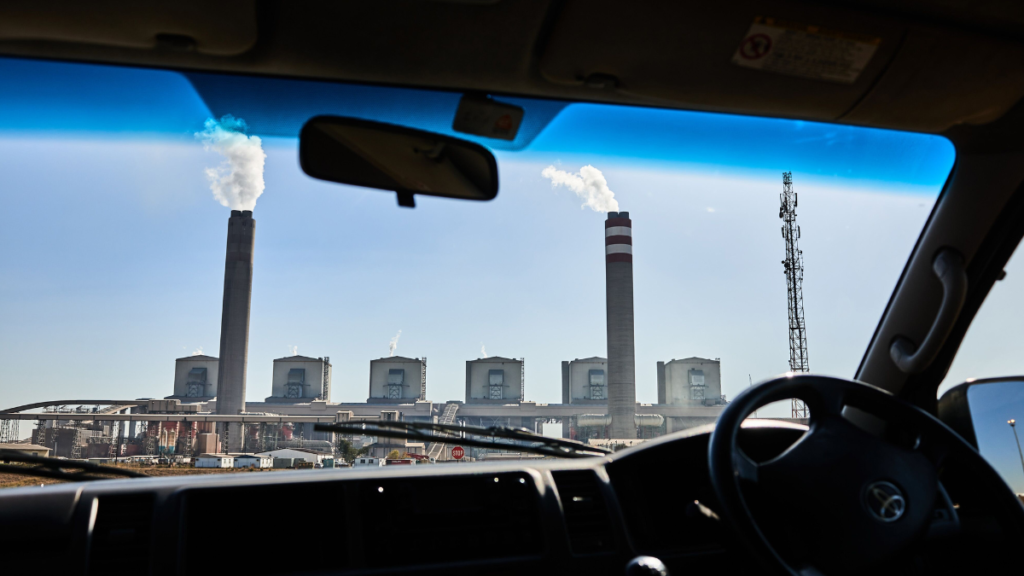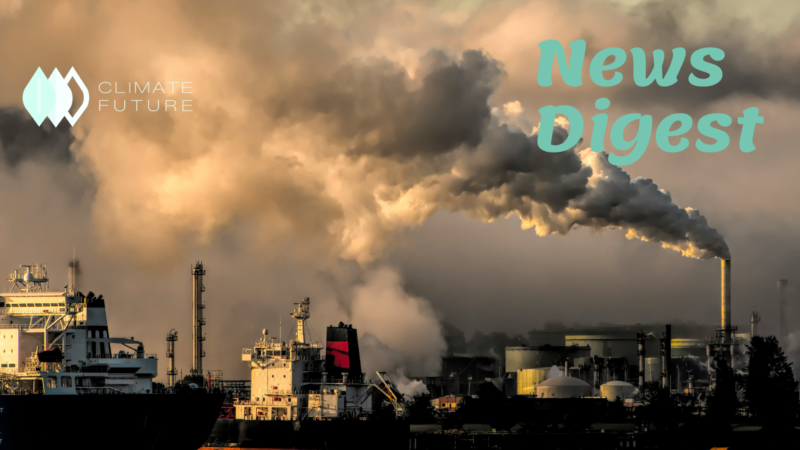COP28 Climate Summit: What to expect and what it means for our energy future

Global efforts to tackle climate change are about to enter a major turning point with the upcoming COP28 Climate Summit. The conference is anticipated to foster conversations among international leaders, specialists, and activists on ambitious goals that go beyond prior accords, with an emphasis on cooperative action. The Paris Agreement’s implementation, the Nationally Determined Contributions’ review, and ensuring that global warming stays below 2 degrees Celsius will be prioritized. Innovative frameworks for resilience, adaptation, and low-carbon economies are among the topics that are anticipated, with a focus on financial commitments for vulnerable countries. A move towards renewable energy might be heralded by COP28, which would have an effect on sectors and promote corporate responsibility. The summit highlights the significance of international collaboration in combating climate change and has the power to mold a sustainable energy future by influencing pledges, financial contributions, and the course of international energy institutions. The consequences will have an impact well into the future and offer opportunities as well as problems to the entire globe.
Climate Change Is Driving Up Spread of Diseases, but Fewer People Confident in Vaccines

Featured image: Marco Verch/Flickr. CC BY 2.0.
Since extreme weather events exacerbate the spread of infections, the effects of climate change on infectious diseases are already apparent. Especially for the health hazards connected to climate change, vaccinations are essential in reducing these risks. But a big obstacle is the alarming increase in vaccination reluctance that has been seen since the COVID-19 outbreak. An extensive drop in confidence was found in all groups when attitudes towards vaccines were compared before and after the epidemic. Measles outbreaks are returning because of lower MMR vaccination rates, so immediate action is required. Addressing vaccination reluctance becomes even more significant when considering climate resilience, where vulnerable communities may be disproportionately affected by both issues. Cultural sensitivity, highlighting historical vaccination accomplishments, and dispelling false information should be the main focuses of public health initiatives. Rebuilding vaccination confidence is critical for the health of the world at large as well as for marginalized populations, who are disproportionately affected by climate change. In the battle against infectious illnesses and health threats associated with climate change, a cooperative, international effort involving governments, health authorities, scientists, educators, and community leaders is essential to debunk false information and guarantee vaccination uptake on a large scale.
Climate Change Is Still Overlooked in Fashion Schools. It’s Time to Change That

The fashion business, which is estimated to be worth $2 trillion globally, is confronted with notable environmental and social issues, such as plastic waste and unfair labor practices. The fashion industry’s reaction, especially in terms of climate transition plans, has been inadequate despite the urgency emphasized in a UN Climate Change study. The current fashion school approach, which emphasizes design talents, is unable to provide future industry leaders with the fundamental information they need to understand social justice, sustainability, and climatic consequences. According to a survey of prominent US fashion design schools, social justice, and sustainability make up just 3.8% of the core curriculum.Students are urged to ask questions regarding sustainability education, work with different disciplines, and support curricular improvements because the industry is growing faster than career prospects. The appeal is for group efforts to change fashion education so that it is in line with the need for sustainability given the issues facing the business and the climate.
Climate change risk is raising South Africans’ insurance premiums

Climate change poses a serious risk to South African insurance businesses, especially Old Mutual Ltd., and might result in increases in premiums and reinsurance expenses. Old Mutual managing director Garth Napier observes a 30% rise in catastrophic event reinsurance costs in 2020 and attributes it to events such as the COVID-19 pandemic and devastating floods in 2022, which resulted in over 100 billion rand in reimbursements for pandemic, flood, and riot-related costs. Napier expects a 10% increase in customer premiums as a result of climate change increasing the frequency and intensity of disasters. South Africa, which ranks 96th out of 182 nations in the Notre Dame Global Adaptation Initiative index and is vulnerable because it relies on rain-fed crops and natural resources, is made even more vulnerable by the impact of climate change on the insurance business.
References
https://www.yahoo.com/lifestyle/climate-change-still-overlooked-fashion-130000925.html
https://www.biznews.com/sarenewal/2024/01/29/climate-risk-raising-south-africans-insurance



